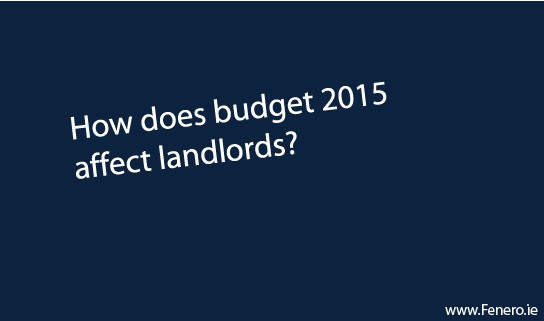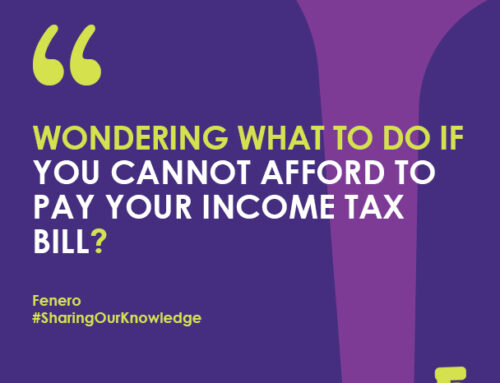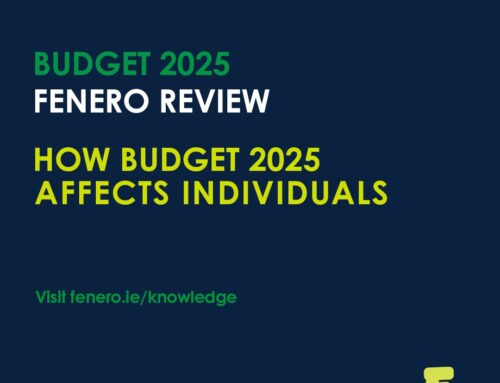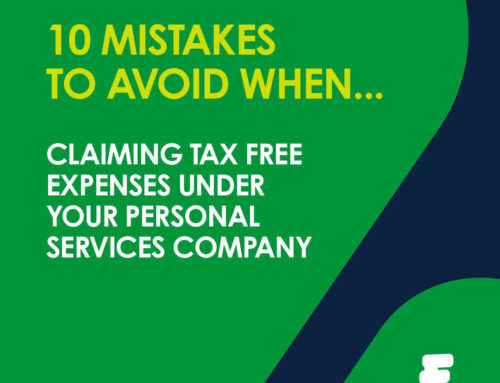There was a lot of information to digest in Budget 2015 announcements. To help you pick out what is most relevant to you, below is a summary of some important issues which will impact specifically on landlords, both things that have changed and information on things that haven’t.
Income Tax & USC changes
The amount of overall taxes payable on rental income will reduce slightly in 2015 from 2014. This is due to changes in income tax and USC rates and bands.
The higher rate of income tax will reduce to 40% from 41%.
The 20% standard rate band is to increase from €32,800 to €33,800 for single individuals and from €41,800 to €42,800 for married one income couples. This allows people to earn a greater amount before moving into the higher 40% rate of tax.
In addition, the USC burden will reduce for many due to reduction in rates and changes in bands. For full details of USC changes, see our article on the general Budget 2015 announcements. For higher income earners, the overall change to the amount of USC payable is limited due to the new 8% rate chargeable on income above €70,044.
Thinking of buying another investment property?
The capital gains tax exemption for new property purchases is set to expire on 31 December 2014 as planned as it was not extended in the Budget. This is an incentive for people to purchase property, as any gains made during the first 7 years are tax exempt. If you have been thinking of purchasing an investment property to avail of this exemption, you will need to do so before 31 December 2014.
Rent A Room Relief
If you are a landlord by virtue of renting a room to someone living in your own home, Budget 2015 has pushed up the level of income that you can receive tax free under the Rent A Room Relief scheme. Currently you can receive up to €10,000 tax free for renting a room in your home. From 1 January 2015 this will increase to €12,000.
Planning to do some updating or renovation work on your rental property?
The Home Renovation Incentive is being extended to include rental properties owned by landlords who are subject to income tax. This relief kicked in immediately after the Budget announcement. It applies to repairs, renovations or improvements to rental properties carried out on or after 15th October 2014. The minimum qualifying spend of €5,000 and maximum qualifying spend of €30,000 will apply per property, meaning landlords can avail of this incentive more than once if they own multiple rental properties.
Local Property Tax as an Allowable Expense
Local Property Tax is currently not an allowable tax deduction against rental income. This is despite the fact that the government have accepted in principle the recommendations of the Thornhill Report which states that it should be allowable. The Thornhill Report says that it is inequitable to not allow it as a deduction against rental income, which is a common sense perspective shared by most. The Government have previously said that they accept this recommendation and will phase it in over number of years. There was no update on this in the Budget however and therefore it seems that 2015 will not be the year that it starts to be phased in.
Several years ago the amount of mortgage interest which can be claimed was reduced from 100% to 75%. There was no movement on this in the Budget, so it is important for landlords to remember that they can still only claim 75% of their mortgage interest (subject also to having a valid PRTB registration).
PRSI on rental income
There was no change to the introduction of PRSI on rental income from 1 January 2014 for PAYE workers who are classified as a “chargeable person”. A PAYE worker is considered to be a chargeable person if their net income from outside the PAYE system exceeds €3,174 per year. So in the case of a PAYE worker with rental income, they will be a chargeable person if their net rental income exceeds €3,174. This means they have to pay PRSI on their rental income. If you are a PAYE worker and your net rental income is less than €3,174, you do not have to pay PRSI on your rental income.
Increasing rents in 2015
Although not part of the Budget announcements, the Central Bank’s new plans for mortgage lending restrictions announced around the same time are likely to impact on landlords in 2015 in the form of increasing demand for rental properties and therefore increasing rents. The Central Bank’s proposals are due to commence from 1 January 2015 and will mean that in general banks should only approve mortgages of up to 80% of the value of a property. This means that people will need a 20% deposit in most cases. Given the difficulty that many people will have in saving up a 20% deposit, this is likely to slow down property purchases and will see more people renting. This will add further pressure to already in demand rental market and will mean rents are likely to increase further. In recent days, the Central Bank have indicated that they may do a U-turn on these proposals however, so for now it is a matter of watch this space.







